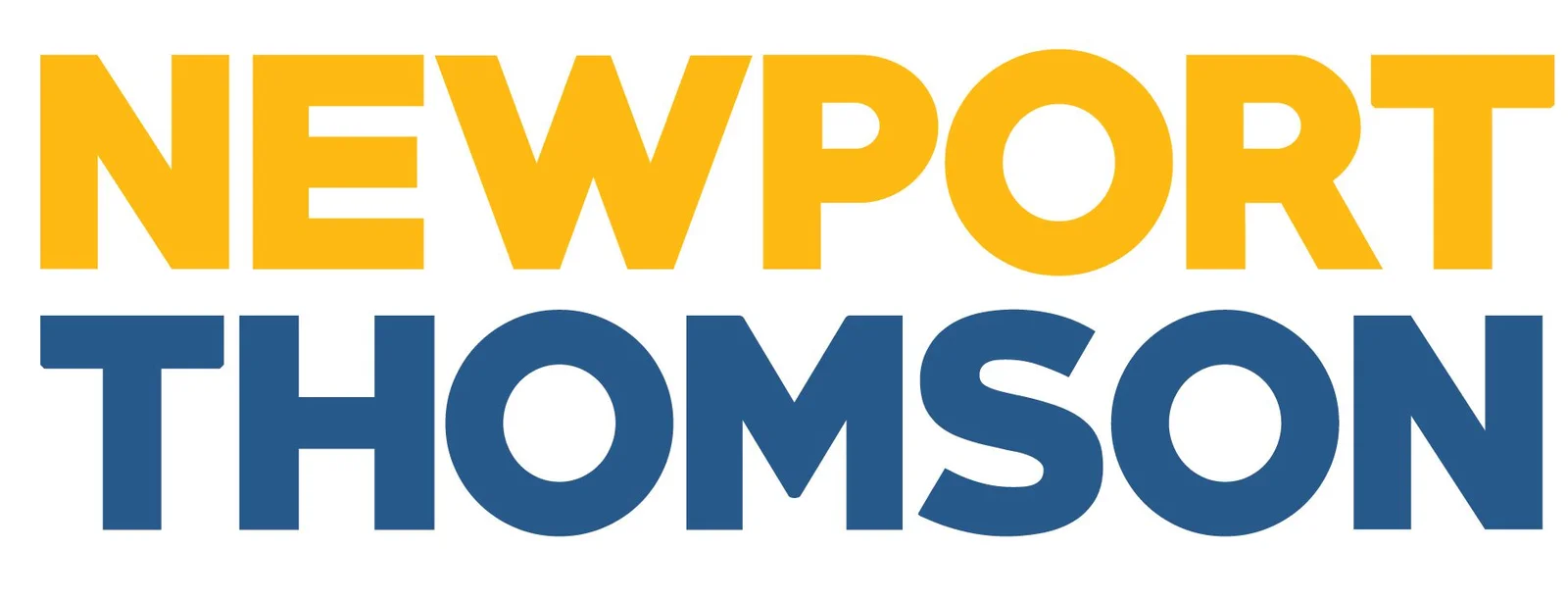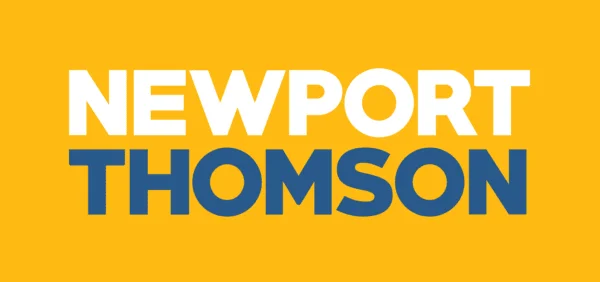Navigating the Algorithmic Empire: A Strategic Framework for Canadian Leaders
A recent, powerful op-ed in the National Post by international trade lawyer Barry Appleton issued a stark warning: Canada is ceding its digital sovereignty. Appleton’s concept of an “algorithmic empire”—a new form of geopolitical power wielded not by armies but through code, cloud contracts, and AI, paints a grim picture of a nation becoming a “digital sharecropper,” dependent on foreign infrastructure for its core functions.
Appleton’s diagnosis is both timely and accurate. He correctly identifies that when our government and industries run on foreign-owned cloud servers, utilize AI trained on non-Canadian data, and process transactions on foreign financial rails, we are embedding foreign jurisdictions deep within our economy. However, recognizing the problem is only the first step. For Canadian business and policy leaders, the critical question is not just how we lament this reality, but how we navigate it. The challenge of the algorithmic empire is not a call for digital isolationism, but a strategic imperative to manage dependency, mitigate risk, and build a competitive advantage.
Appleton’s “three pillars of dependency”, cloud, AI, and digital finance, are not just abstract constitutional concerns; they represent a new category of tangible risk for every Canadian organization. Leaders must begin to view their technology stack through a geopolitical lens.
The reliance on US-based cloud providers means that Canadian corporate and public data is potentially subject to foreign laws, such as the CLOUD Act. While seemingly efficient, this creates a profound supply chain vulnerability. A trade dispute, a shift in foreign policy, or a new security directive could place Canadian data and operations in jeopardy. This is a fundamental issue of business continuity and data governance.
When we use AI systems for critical decisions, from credit scoring and hiring to medical diagnostics and resource allocation, we are outsourcing governance. If these systems are opaque “black boxes” developed and controlled abroad, we lose the ability to audit them for fairness, bias, or alignment with Canadian legal and ethical standards. This isn’t just a compliance issue; it’s a significant operational and reputational risk.
As commerce increasingly flows through foreign-owned payment platforms and digital wallets, Canada’s economic sovereignty is tested. A lack of direct regulatory oversight over the algorithms setting credit scores or processing transactions creates systemic risk that could be difficult to manage during a financial crisis. While Appleton rightly frames the issue in terms of sovereignty, the most effective path forward is to frame it in terms of competitive advantage. A proactive approach to digital governance is not about building a fortress; it’s about creating a better, more resilient foundation for our economy.
Europe’s legislative push with GDPR and the AI Act is instructive. While often viewed as a regulatory burden, it is also a strategic move to build a global standard for trust in the digital economy. Canada has an opportunity to create its own model, one that balances innovation with accountability. A “Made-in-Canada” approach to data governance and AI transparency can become a mark of quality. For Canadian companies, operating within a framework of clear rules and ethical AI can be a powerful differentiator in a global market increasingly wary of data misuse and algorithmic bias. This is not about rejecting foreign technology, but about setting the terms for its use within our borders.
Navigating this new reality requires a concerted effort from both the private and public sectors. The goal is not to eliminate dependency, an unrealistic task in a globalized world, but to achieve strategic autonomy: the capacity to make sovereign choices about our digital future.
For Business Leaders:
- Conduct a Digital Sovereignty Audit: Map your organization’s critical data infrastructure. Where is your data stored, processed, and managed? What legal jurisdictions does it traverse? Who owns and controls the algorithms that use it? Understanding your exposure is the first step to mitigating it.
- Prioritize Strategic Resilience: Avoid absolute vendor lock-in with a single foreign provider. Explore multi-cloud strategies and identify opportunities to partner with domestic tech firms for specific, high-sensitivity workloads.
- Demand Algorithmic Transparency: Treat the AI systems you procure not as products, but as partners in decision-making. Require vendors to provide clear explanations of how their models work (Explainable AI or XAI) to ensure they are fair, accountable, and fit for purpose in the Canadian context.
For Policymakers:
- Use Procurement as a Nation-Building Tool: Government is the largest single buyer of technology. Procurement policies should be modernized to treat digital systems as the critical infrastructure they are, creating opportunities to strategically incubate domestic champions in security, AI, and cloud services.
- Legislate for Trust and Transparency: Canada must pass its own comprehensive digital charter. This legislation, as Appleton suggests, should establish clear rights for citizens regarding algorithmic decisions and mandate transparency, ensuring that all systems operating in Canada are subject to Canadian law and oversight.
- Invest in Domestic Talent: A sovereign digital future is impossible without the people to build and maintain it. A national strategy focused on upskilling our workforce in AI, cybersecurity, and data science is not a luxury but a necessity.
Barry Appleton’s warning is a crucial one. We stand at a “hinge of history.” To continue drifting is to choose to become a province in someone else’s digital domain. The alternative is to make a deliberate choice: to govern our code with the same seriousness we govern our borders, and in doing so, build a more resilient, competitive, and sovereign Canada for the 21st century.


